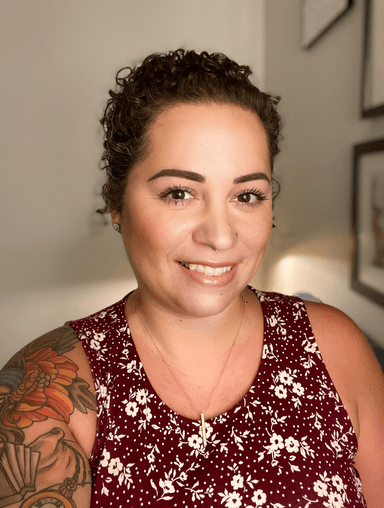
Inventory shortages, high interest rates and properties lingering on the market longer are characterizing the 2023 real estate market. But even so, this is a more normal market than in recent years—and it’s still profitable, Erin Cestero, president of JB Goodwin, REALTORS®, in San Antonio, said at RISMedia’s Power Broker Forum during the REALTORS® Legislative Meetings in Washington, D.C. “I asked my agents whether they had a good year in 2019, and most of them said, ‘Yes! I want to get back to that!’ I reiterated to them that that is what we’re back to, but we’re looking at it like a negative because we’re comparing it to 2020 and 2021,” said Cestero, MRP.
While many brokers saw the market shift as inevitable, agents who had never been through a housing slowdown before did not. So, if you’re going to pivot your brokerage’s strategy based on market dynamics, it should start with internal awareness and education, said Rei Mesa, AHWD, CRB, president and CEO of Berkshire Hathaway HomeServices Florida Realty in Miami. In order to weather the current market shift, brokers are focusing on investing in people, cutting costs, and educating agents.
Remind Agents of the Real Estate Cycle
Since the median experience level of a real estate agent is eight years, according to NAR data, many have never seen a housing downturn. First, remind your agents of your journey and what you’ve seen along the way. As you can attest, the market goes through cycles—some more pronounced than others—and it’s merely returning to a sense of normalcy. Then, reinforce the importance of education and accountability, said Janet Howard, president of Realty One Group Inclusion in Savannah, Ga.

“We hype up education and coaching sessions,” she said. “I sit down with agents as often as they like because my company is still at a size where I can do that as their broker, and I ask them what they want out of the business. We provide them with the tools, and then it’s up to them to use them. We hold them accountable for their success.”
Focus on Sustainable Success
Mesa, who has been in the industry for 42 years, said one fact never changes: Clients need real estate professionals by their side during the homebuying process. What brokers should focus on is building a sustainable business model to weather the market changes. “We took advantage of the two years of excess abundance and right-sized the company,” Mesa said.
His brokerage focused on embracing technology, including artificial intelligence, and on where to cut costs. The company had 16 leases come up for renewal in 2021—a time when it was clear people could easily work from home—so he renegotiated and cut back on brick-and-mortar spaces.
Ken Baris, CRB, CRS, president and CEO of Berkshire Hathaway HomeServices Jordan Baris Realty in West Orange, N.J., said he took the same approach with his company during the formative months of the pandemic, when its effect on the industry was still unknown. His brokerage looked at optimization. “We looked at tools, systems and processes to figure out what was working and what wasn’t. We enhanced our onboarding process and optimized education by offering more opportunities in person and on Zoom,” he said.
Baris said he also took a hard look at his agents and what they were producing, noting that in a slowdown, it’s sometimes best to let go of those who lose their commitment to their business. He had a conversation with the bottom 25% of producers on his roster and, in many cases, suggested they may find a better fit elsewhere.
Invest in the Right People
The forum panelists said investing in their agents is critical at this time. Cestero finds ways to celebrate her agents’ successes and optimize systems to help alleviate some of their pain points. Providing useful education sessions that are easy to implement is another area of focus for Cestero. “We teach agents how to hold an event so that they can grow their database. We have a training on wealth management for agents to show them that we care as a brokerage. But what I realized is that the agents were taking this information back to their clients because they felt more confident in their knowledge,” she said.
Mesa took the time to train branch managers to become coaches, and he ensured that his staffers did not become bogged down with tasks outside the scope of their job. This allowed him to better focus on helping agents, he said. He also implemented a training program in the third quarter of 2022, which has been adopted by 30% of his agents, he said.
Education has always been a strong component of Howard’s business model, and that hasn’t changed, she said. Throughout the market shift, she’s reminded agents that education helps drive expertise and preparedness—and when they are prepared, they are more confident and at ease.









